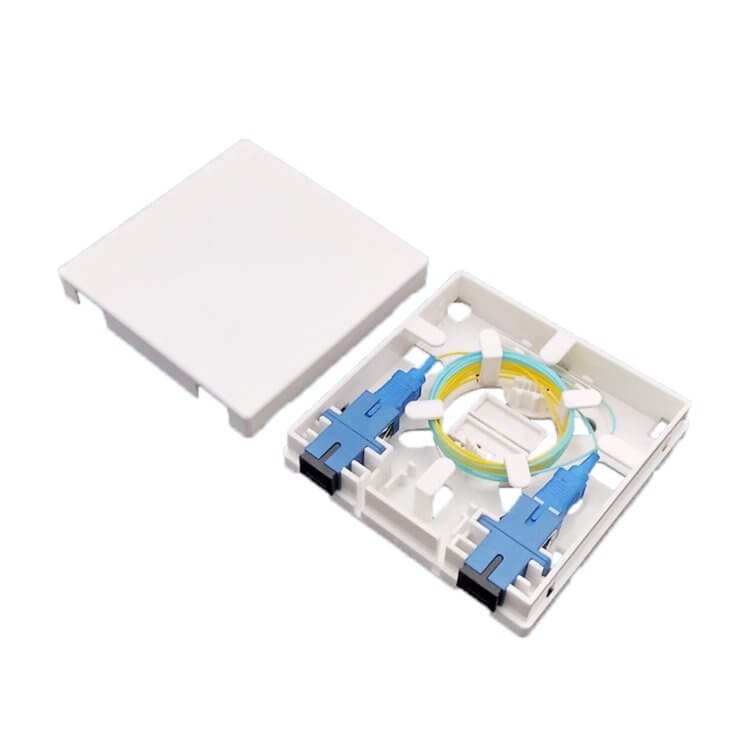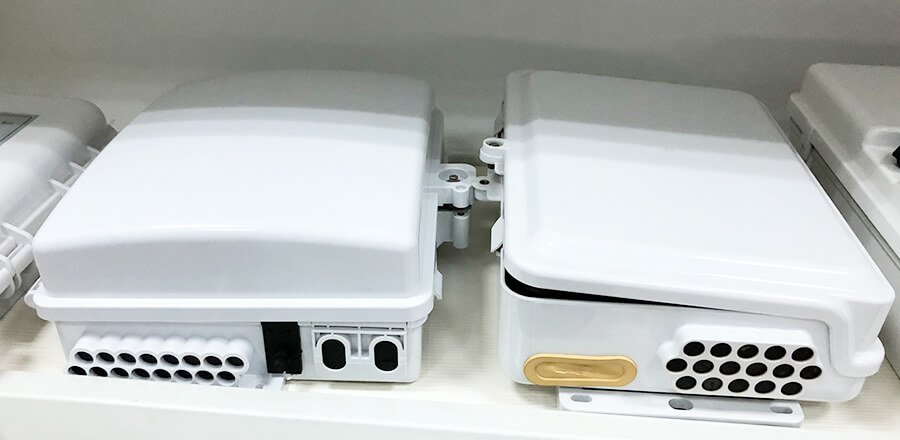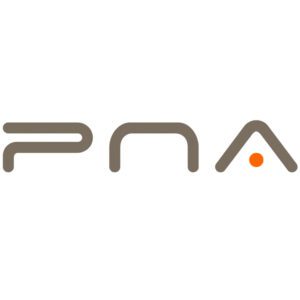Fiber Cabinet
According to the definition of YD/T 988-2015, the fiber cabinet is an interface device used to connect the main fiber optic cable andhttps://pna-fiber.com/product-category/fiber-optic-cabinet/ the distribution fiber optic cable outdoors. The fiber cabinet is also referred to as optical cross connection box, and sometimes it is also installed indoors (such as basements).
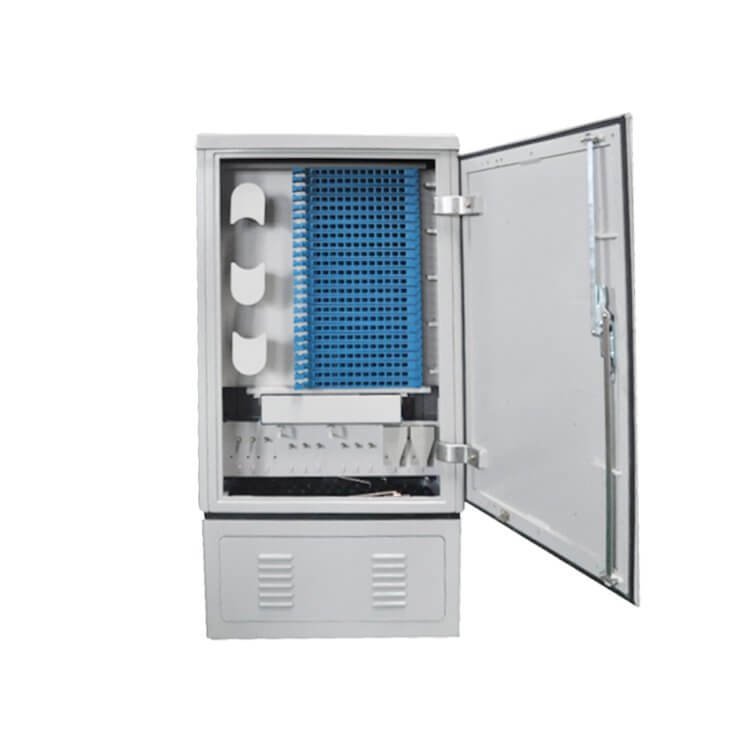

The optical connection is divided into backbone connection and distribution connection according to the different positions in the ODN.
Backbone Connection Cabinet
In this kind of fiber cabinet, the backbone fiber optic cable usually does not connect to optical splitters. And the core of the backbone fiber optic cable is connected to distribution optical cables by a simplex fiber patch cord.
However, in some metropolitan area, the backbone fiber cable will connect the access fiber cable directly in order to facilitate the network access around the backbone fiber cabinet. And a small number of optical splitters will be placed in the fiber cabinet. Correspondingly, a backbone fiber cabinet with a section of optical splitter will be better.
Distribution Fiber Cabinet
The function of the distribution fiber cabinet is mainly to realize the connection of “distribution optical cable → optical splitter → drop optical cable”. In order to reduce the number of active connections in the optical fiber network, the distribution optical communication mainly adopts a jumper-free method.
Splice Closure
There are horizontal splice closure and vertical splice closure dome, it is the only fiber box that can be used in aerial, duct and direct burial all type of fiber optic cable connections. Splice closure has high strength and corrosion resistance, which is reliable and convenient for construction. It can be used for splicing between backbone fiber optic cables, and also backbone fiber cable and access cables.
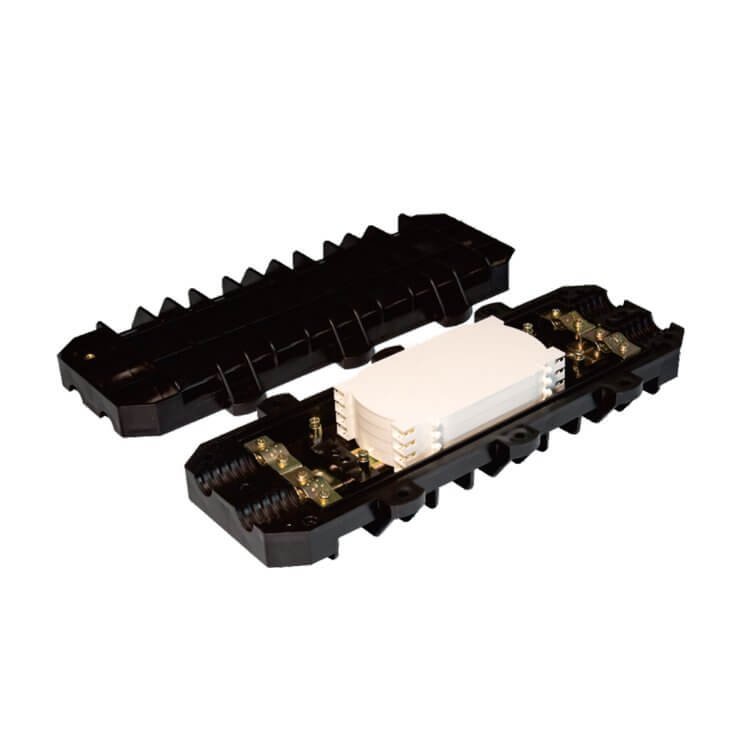

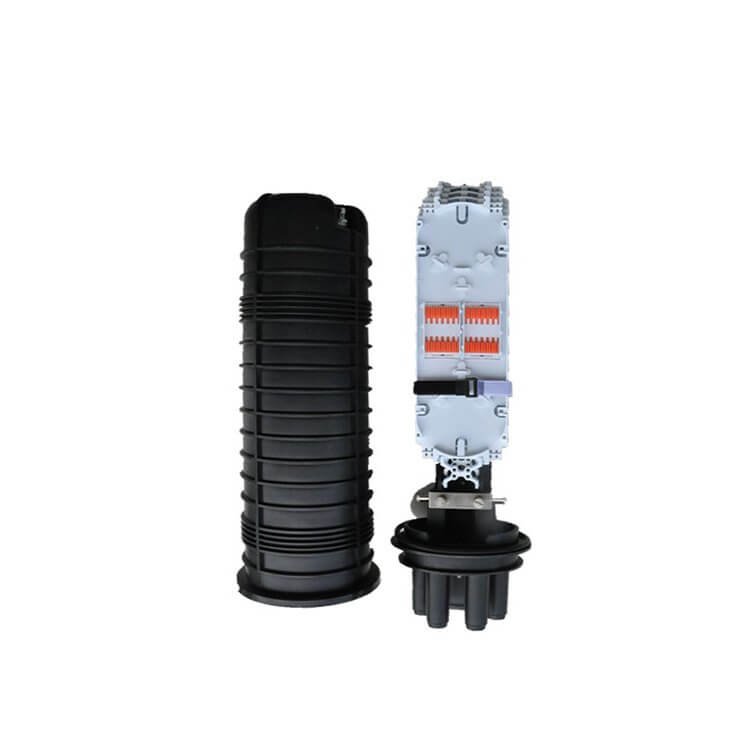

Fiber Distribution Box
Fiber optic distribution box (FDB) is widely used in FTTH access network, Telecommunication network, CATV network, Data communication network and local area network (LAN). It connects the distribution fiber optic cable and FTTH cables. Normally it’s set in doutdoor and installed on poles or walls.
There are splice tray or optical splitter and other accessories in the fiber distribution box. An optical distribution box can have 24 port, 16 port, 8 port and other choices.
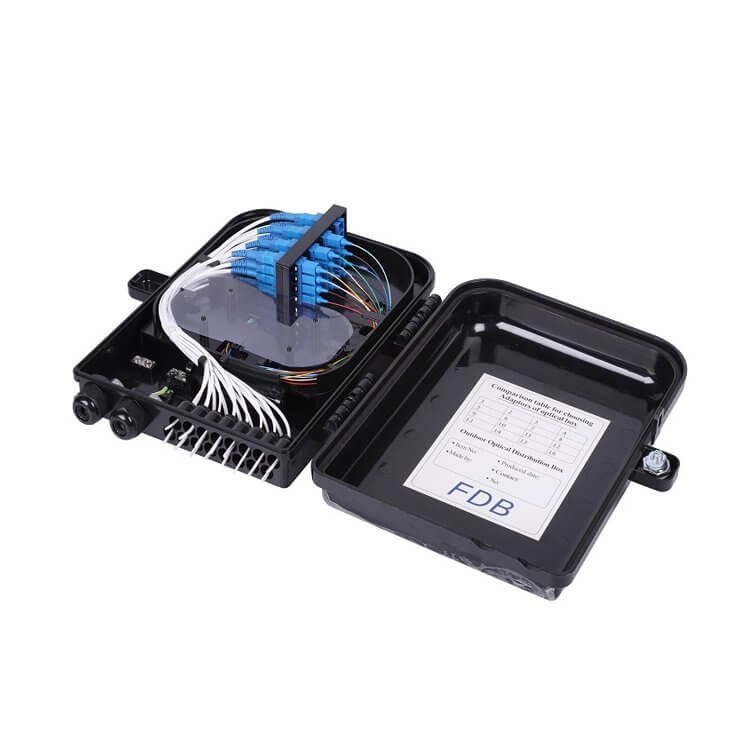

Fiber Customer Box
When the distribution fiber cable arrives in towns or villa areas, the requirement of access network in each house is relatively smaller than in buildings. So there are a smaller fiber distribution box for this application, which is also called fiber customer box. This fiber box is usually 4 cores, and has similar specifications like the FDB.
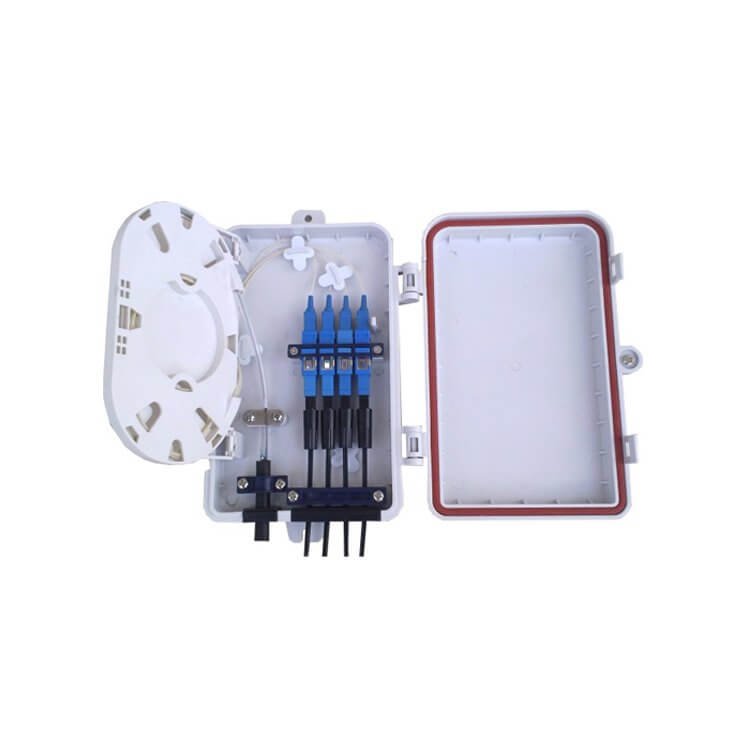

Fiber Termination Box
It is an interface device used to connect FTTH drop cable and indoor fiber optic cable. This kind of fiber termination box is often found in corridors. And it is used to connect vertical fiber cables and horizontal fiber cables in buildings. The fiber optic terminal box contains the fiber optic cable terminal, fiber fusion splicing or mechanical splicing protection unit.
A cassette optical splitter is usually installed in the termination and distribution fiber box. Only a small number of fiber boxes use the box type optical splitters.
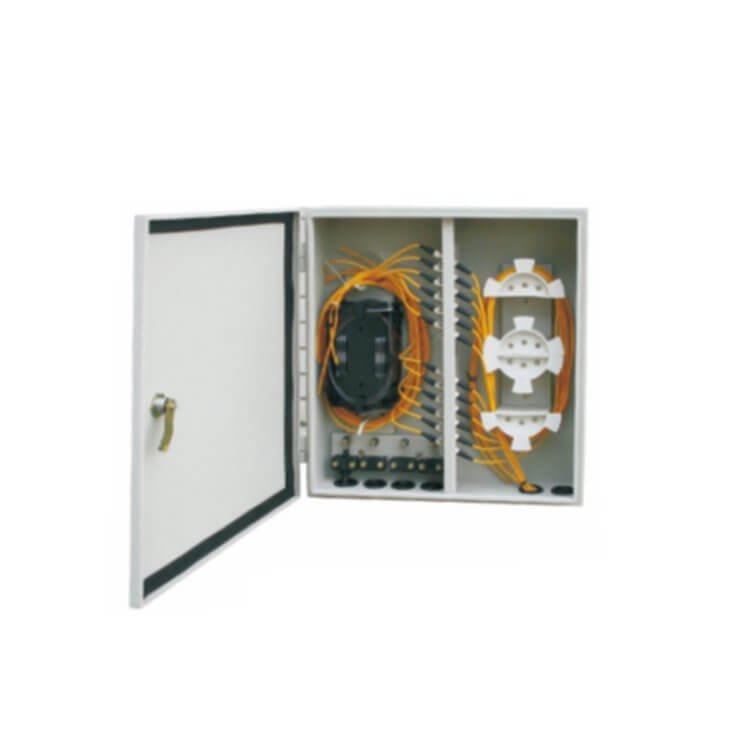

Multimedia Box
When fiber finally arrive our home and we are ready for network access, there is one fiber box that manages all of our network access and connections. The multimedia box is also called the comprehensive distribution box for broadband access. It is used to install ONU (optical network unit) and other active communication equipment, optical (electric) cable terminals and other supporting facilities outdoors or in the corridor. It provides a box for the normal working environment of communication equipment. The multimedia box is both for household and offices.
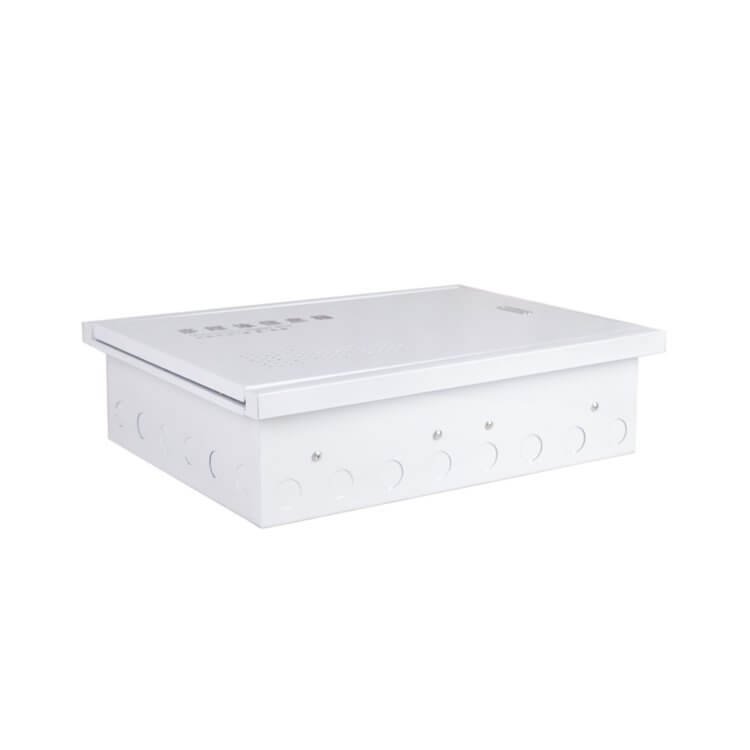

Fiber Faceplate Panel
The optical fiber faceplate panel is a user terminal box to realize the optical fiber to desktop connection with reasonable internal space design. It is used in home or work area to complete the access and port output of indoor fiber optic cable. A fiber faceplate panel should fully meet the requirements of optical fiber bending radius, protect the incoming and outgoing optical fiber, and provides safe protection for the fiber core. An appropriate radius of curvature of the panel allows the inventory of a small amount of redundant optical fibers to realize the application of FTTD (optical fiber to desktop) system.
